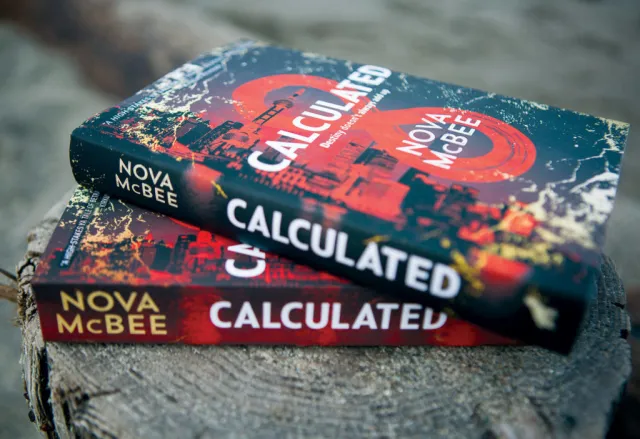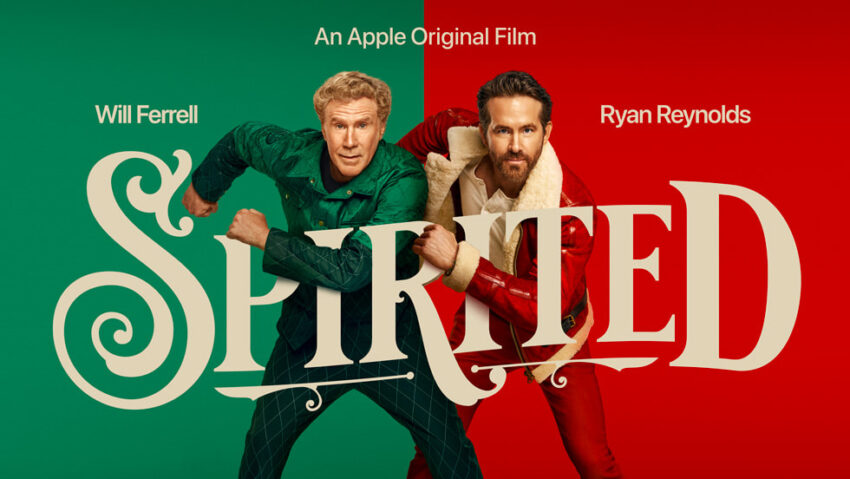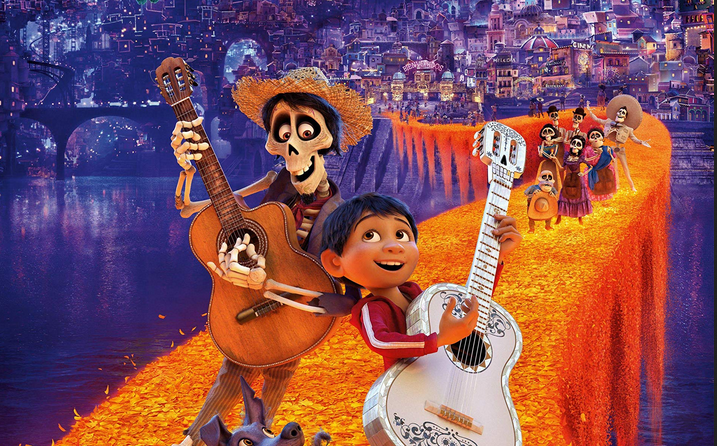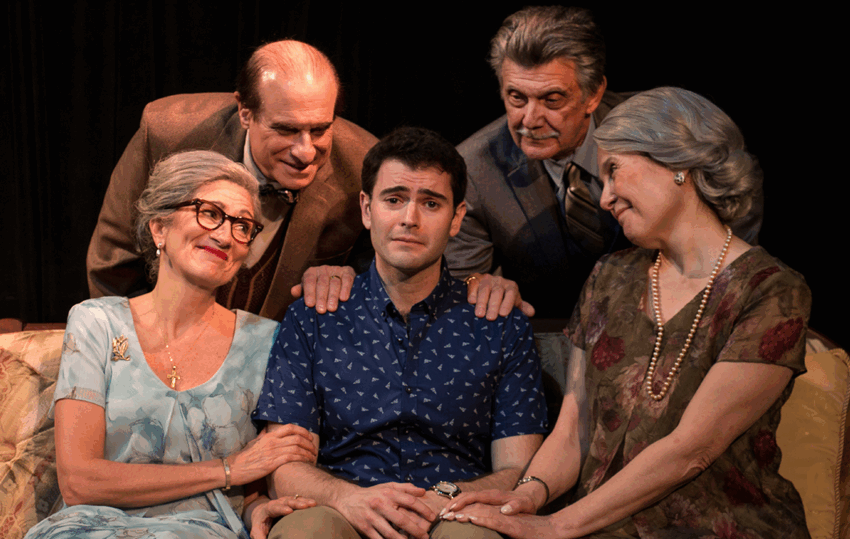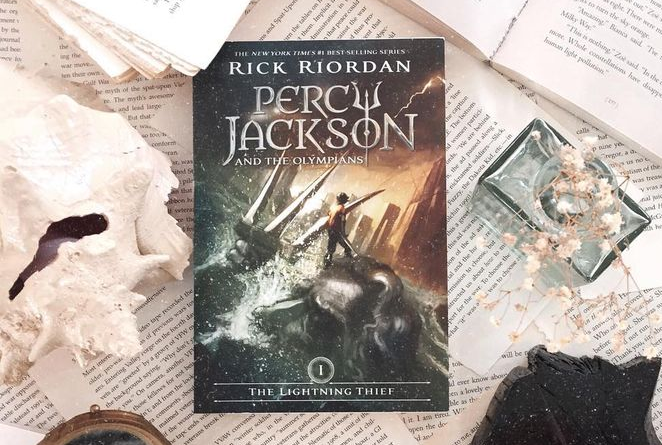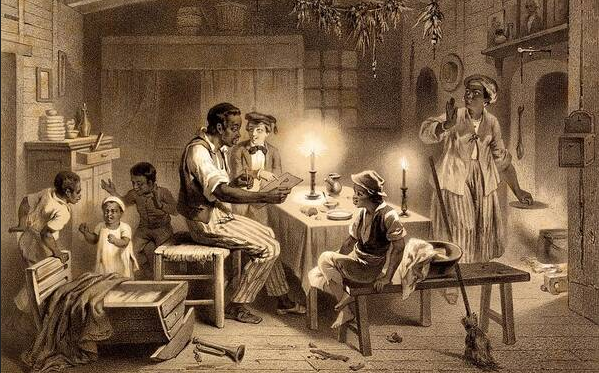At the Story Fortress, we believe you can learn something from every story. Whether its characters are flawless, the plot is boring, or its the best-written mystery of all time, we believe that you can become a better writer through analyzing any story — and that’s what we’re here to help you with. From the…
Calculated: How to Write a Romantic Subplot
Romance is the best-selling literary genre in the world. Despite there being thousands of books out there in this genre, people are constantly clamoring for more of them. And whether romance is driving the main plot of a story or simply featured through a character’s loving parental figures, it is almost inescapable. Every author, every…
Mara, Daughter of the Nile: Writing with Timeless Prose
In my experience, it’s pretty easy to guess the era a book is from. Whether it’s a Victorian classic or a modern YA adventure, a lot of times you don’t have to look at the copyright page to tell around what date it was written and published. For a lot of works, their time period…
Spirited: Don’t be Unique, Be Original
There is a particularly thin line writers have to walk when venturing into the publishing industry. On one hand, their story has to fit into a genre. Writers have to come up with comp. titles and a trope list and all sorts of other materials to convince a publisher (or sometimes, their audience directly) that…
Stranger Things: The Power of an Immersive World
We’ve written a lot about what makes emotional scenes hit home, especially tragic ones. We had a whole series on it this summer, and both Sophia and I have individually written about techniques you can use to make character deaths hit home. But there’s one concept we haven’t had the chance to explore yet, and…
Epic: Breaking Your Promises and Subverting Expectations
Subverting expectations is a really powerful tool you can use as a writer. Whether that’s in the form of a plot twist or just a genre-defying trope, it’s one of the fastest ways to generate variety and interest in your story. Whenever your reader thinks they know where the story is headed… you switch it…
Katniss Everdeen: The Antithesis to the YA Protagonist
We’ve all read a book featuring the now-famous YA protagonist trope. She’s determined and mature beyond her years. Always an orphan, skilled in some sort of combat, and thrust into positions of power and influence beyond her years. She faces a confusing love triangle, and navigates complicated romantic conflicts as well as political or physical…
Coco: Worldbuilding without Info Dumping
Imagine you have a beautiful setting for your characters. You have the language, the culture, and even the currency all figured out for your brand new world. On the other hand, you have your story. Your characters are all fleshed out and you know exactly how the plot is going to play out. The only…
Over the River and Through the Woods: Writing with a Complex Theme
Most writers know how themes work: our protagonist rejects a specific truth or message because of their fatal flaw, spends the entire book fighting against accepting it, and is finally forced to confront their flaw just before the climax in a painful but ultimately transforming experience known as their Epiphany. Accepting the truth whole heartedly,…
Percy Jackson: Don’t Be a Prodigy
In the young writing community, there’s a lot of pressure to be a prodigy. Some of that can be good. It’s important to not be limited by your age or the expectations of older individuals around you. There are a lot of writers with a wealth of untapped talent because they believe they are too…
Uncle Tom’s Cabin: How to Get Political the Right Way
There’s a lot of discussion in the world of storytelling about how to address politics in writing. From reboots that speak to social issues to brand-new stories with blunt political messaging, politicization has been a recurring issue especially in the last few years, and it doesn’t seem to be going away anytime soon. But the…


